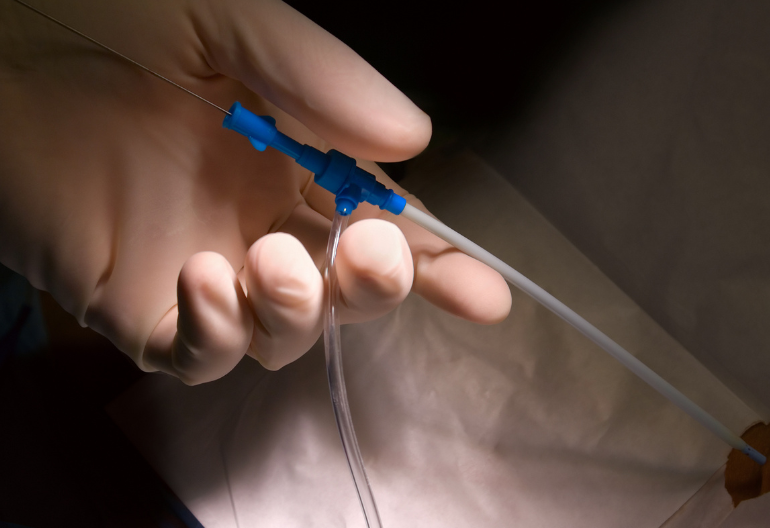
Cardiac health is paramount, and procedures like cardiac catheterization play a crucial role in diagnosing and treating various heart conditions. Premier Choice Cardiology understands the significance of cardiac care, offering comprehensive services to promote heart health.
Understanding Cardiac Catheterization
Cardiac catheterization, also known as coronary angiography, is a medical procedure used to diagnose and treat heart conditions. It involves inserting a catheter into the heart’s blood vessels to evaluate blood flow and detect any abnormalities.
Preparation for the Procedure
Before undergoing cardiac catheterization, patients receive pre-procedure instructions from their healthcare providers. These instructions often include fasting for a specified period and discontinuing certain medications. Patients should also inform their doctors about any allergies or medical conditions they have.
The Procedure Details
During cardiac catheterization, the patient is usually awake but sedated to minimize discomfort. The procedure begins with the insertion of a catheter into a blood vessel, typically in the groin or wrist. The catheter is carefully guided through the blood vessels until it reaches the heart.
Once in place, the catheter allows the medical team to inject contrast dye, which highlights the blood vessels on X-ray images. These images help cardiologists identify blockages, narrowings, or other abnormalities in the arteries supplying the heart.
The duration of cardiac catheterization can vary depending on several factors, including the complexity of the procedure and the patient’s overall health. On average, the procedure typically takes between 30 minutes to two hours to complete.
Recovery Process
After cardiac catheterization, patients are monitored closely for a brief period to ensure there are no immediate complications. Some individuals may experience minor discomfort at the catheter insertion site, which usually resolves quickly.
Once deemed stable, patients are typically discharged to go home the same day. However, it’s essential to follow post-procedure instructions provided by healthcare providers, which may include restrictions on physical activity and medication management.
Risks and Complications
While cardiac catheterization is generally safe, like any medical procedure, it carries some risks. These risks may include bleeding or bruising at the catheter insertion site, allergic reactions to the contrast dye, blood vessel damage, or infection.
Premier Choice Cardiology prioritizes patient safety and takes necessary precautions to minimize the risks associated with cardiac catheterization.
FAQs
How long does the cardiac catheterization procedure take?
The duration of cardiac catheterization can vary but typically ranges from 30 minutes to two hours.
Is cardiac catheterization painful?
Patients may experience some discomfort during the procedure, but they are usually sedated to minimize any pain.
Can I eat or drink before cardiac catheterization?
Patients are often instructed to fast for a specific period before the procedure to reduce the risk of complications.
What are the potential risks of cardiac catheterization?
While rare, risks may include bleeding, infection, allergic reactions, or damage to blood vessels.
Will I need to stay in the hospital after cardiac catheterization?
Most patients can go home the same day after cardiac catheterization, but they will need to follow post-procedure instructions for recovery.
How soon can I resume normal activities after cardiac catheterization?
Individual recovery times vary, but patients are typically advised to avoid strenuous activities for a few days following the procedure.
The Role of Cardiac Catheterization
In conclusion, cardiac catheterization is a valuable tool in diagnosing and treating heart conditions. Premier Choice Cardiology prioritizes patient care, offering expert cardiac services to promote heart health and well-being. Understanding the procedure details and following post-procedure instructions are crucial steps in ensuring a successful outcome.


